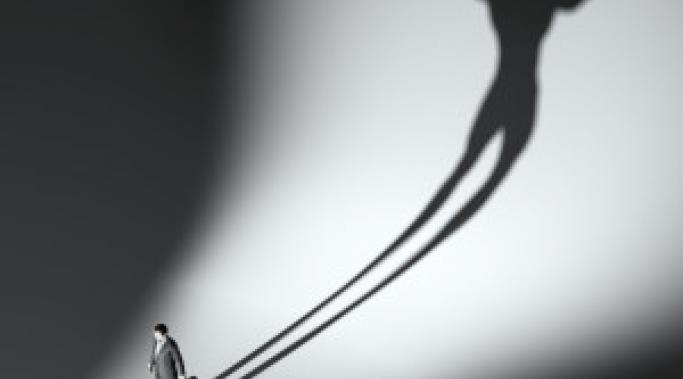A professor of mine died last week after a long battle with pancreatic cancer. I had him during my first semester at university for a human spirituality course, and even though I didn’t know him well, I thought he was amazing and admired him very much. He was brilliant and charming and funny, and during the service, so many of his students and colleagues, peers, and other experts in his field spoke of how caring and gentle he was, how he could shrug off anything and just be at peace.
Reflections on Bipolar from Bipolar Vida
Sometimes, I think about the people I went to school with when I was a kid and a teenager and I wonder where they are now, what their lives are like. Are they successful? Do they have their own homes? A nice and enjoyable career, or have they moved away? Rarely do I consider whether they have a severe mental illness.
Many of us view our young adulthood years as the time when we find some of our first jobs and apartments and having the freedom to begin “Life.” But some of us aren’t so lucky. Our severe mental illnesses take an enormous toll on living (Living With A Mental Illness And Self-Stigma).
Every October, I participate in the suicide prevention walk hosted by the American Foundation for Suicide Prevention (AFSP), and every year I raise money for them, feeling as if I’m doing my part to somehow prevent all of the suicides that happen every day. Lately, though, it seems as if I’ve been hearing more and more about suicides and less about suicide prevention.
A common bipolar symptom that often occurs in manic episodes is that of grandiosity – having an inflated sense of self, believing that one has special powers, spiritual connections, or religious relationships. This is a simple definition of grandiosity, but I find that in my personal experience, as many people do, that I do not perfectly fit into this textbook definition.
Bipolar symptoms can cause us to do dangerous things (Bipolar and Managing Extreme All Or Nothing Behaviors). Although not suffering bipolar symptoms, a family friend was killed yesterday morning in a work-related accident. He was admired and loved. After learning of the accident, I felt my heart breaking.
I live my life as if I am invincible. I drive maniacally and participate in potentially dangerous behaviors, and I do it all while thinking that nothing can possibly hurt me, that I am too young, and that I have so many things to accomplish. Are bipolar symptoms a part of that thinking? Just yesterday, though, our family friend, who was loved and always helping others while doing the things that he loved, was gone in a split second – taken away from us. I'm sure he thought the same things as I do, that nothing could possibly happen to him. That he was too young and had so much to live for.
Typically, when people talk about bipolar disorder, the extent of their understanding and knowledge about the disorder is that we have our ups and downs. We become depressed, followed by an episode of mania (intense energy and ups). Many people who do not live with bipolar disorder or do not have experience with it do not understand that we live with so much more – the good and the bad.
Should taking bipolar medications bother me? Psychiatric medications, including bipolar medications, are at the center of many controversial debates. Many people feel as if taking bipolar medications daily means that they are completely dependent upon them, while others believe that medications are necessary for their bipolar disorder treatment.
It's time to say goodbye. School starts June 1st. It’s nearly here. I can’t believe it. I’m both excited and nervous. Will I be able to keep up? It’s due to this nervousness that I’ve decided that I’m going to leave the blogging world.
Bipolar Disorder can kick you to the curb. It can be demanding and dominating, but I will not give in. I will continue my fight and I will be victorious. Nothing will stand in my way. Not even myself.
This was one of the first books that I read shortly after being diagnosed with Bipolar Disorder. I wanted to be sure that I was diagnosed correctly. Coincidentally enough, I have not been correctly diagnosed by my current psychiatric nurse. She says that I'm a Bipolar II and I think I'm Bipolar I, according to the DSM-IV-TR. She told me once that it didn't matter as long as the treatment took care of my episodes. But it's the new edition, the DSM-V, that has really grabbed my attention.






